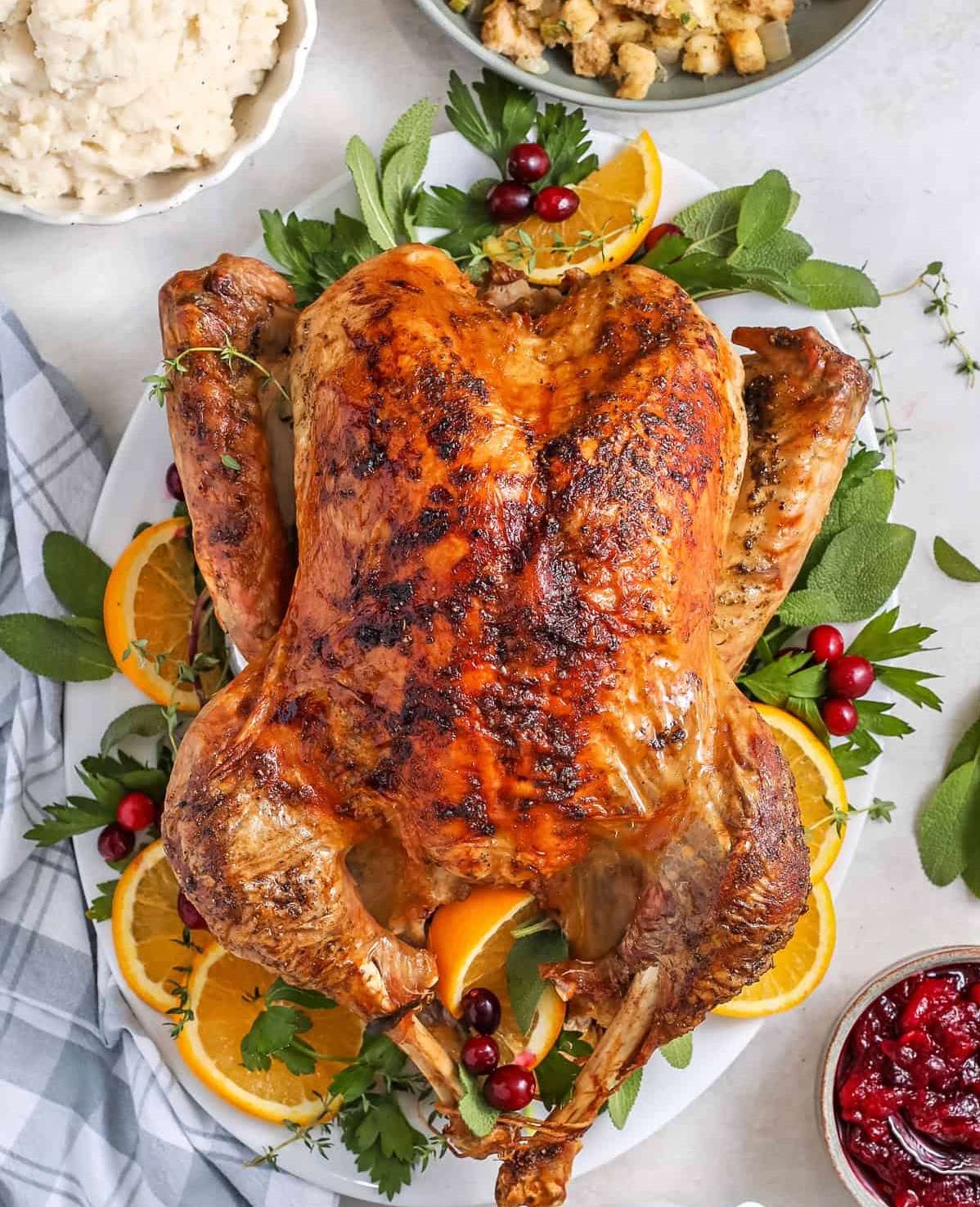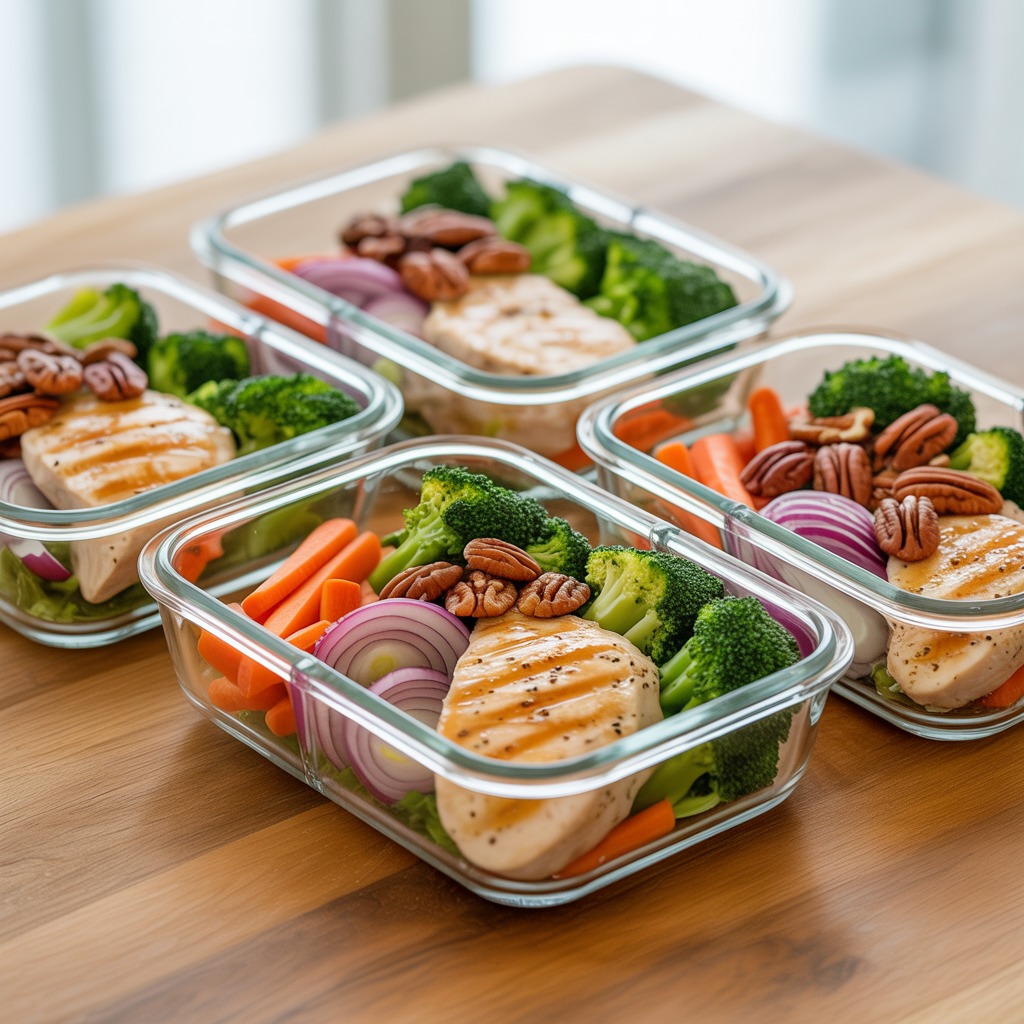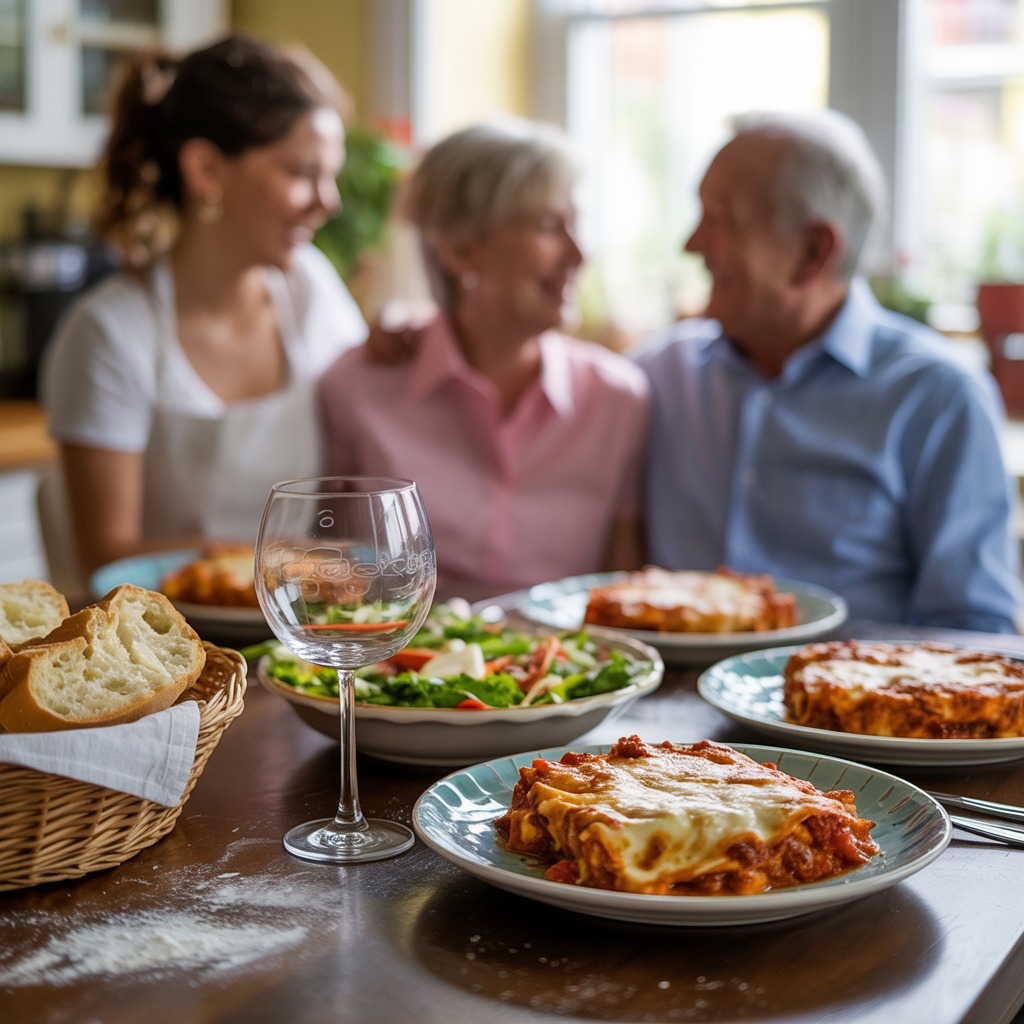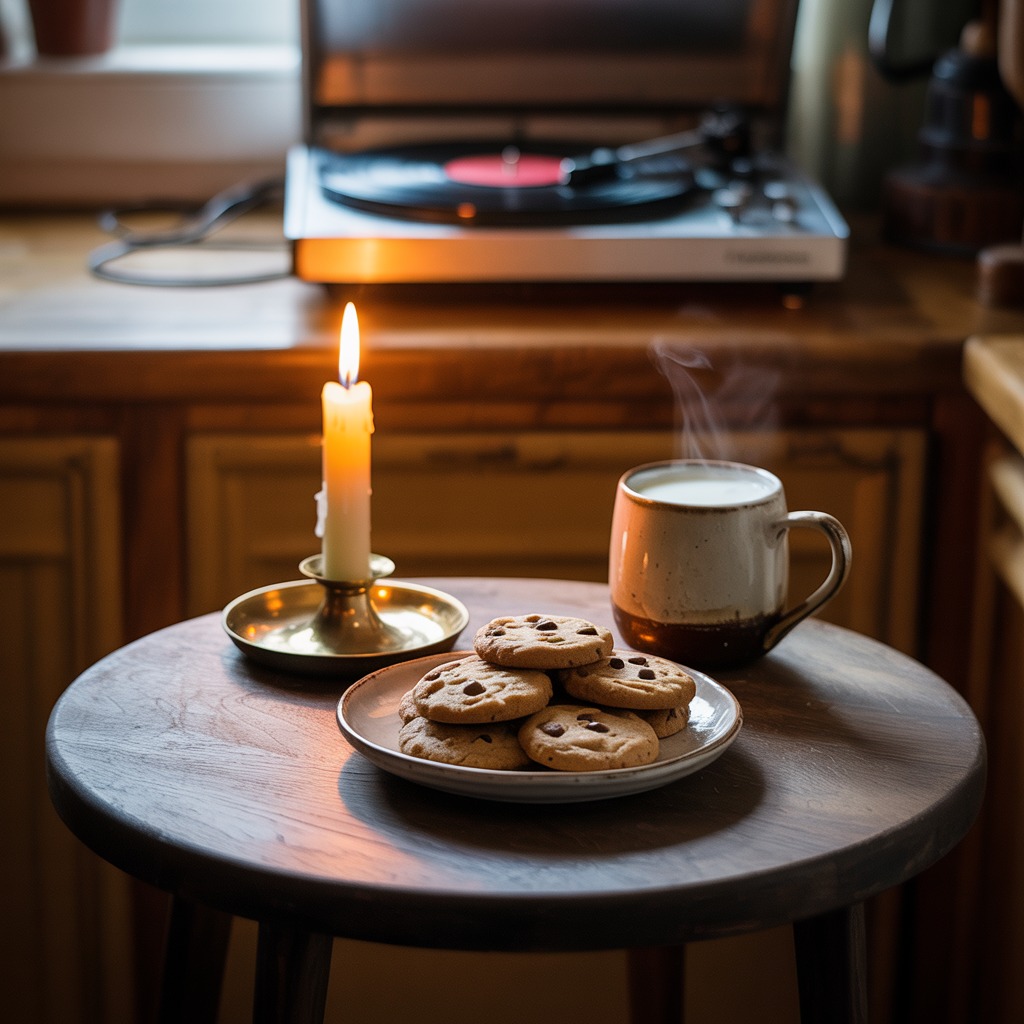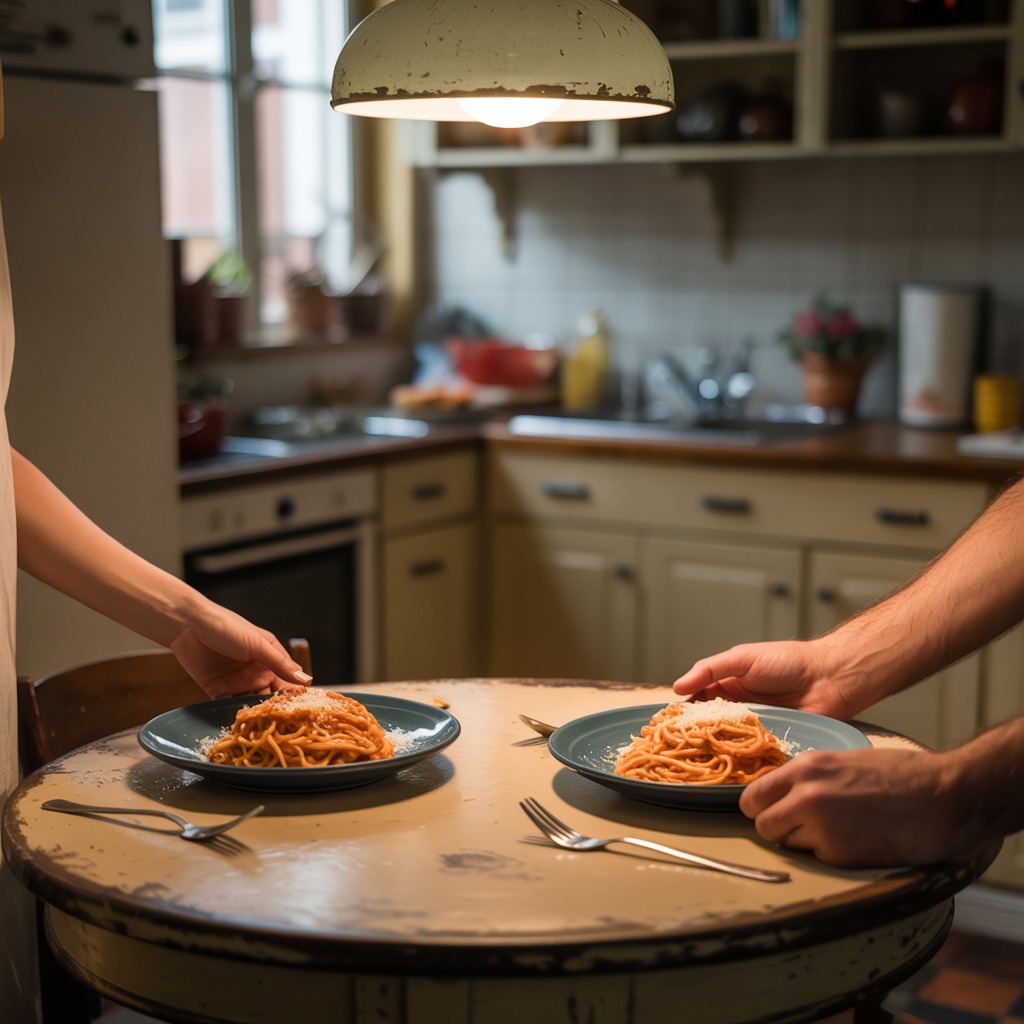The Day I Realized Food Isn’t Just Fuel — It’s My Language of Love
A Sandwich, a Bad Day, and Something That Shifted
It wasn’t a fancy meal that changed everything. It wasn’t a birthday cake or a holiday feast. It was a sandwich. A plain, overstuffed turkey sandwich I made one afternoon when my husband walked through the door looking completely worn out. His face said it all — the kind of day that drains everything from you before you even take off your shoes.
I didn’t ask questions. I didn’t offer advice. I just headed to the kitchen without a word. I opened the fridge, grabbed what we had, and layered it all together — thick bread, leftover turkey, sharp cheddar, a smear of mustard, pickles he always forgets he loves. I heated it just enough to melt the edges of the cheese and slid it across the counter without ceremony.
He took a bite and let out a sigh I still remember. That moment stuck with me — not because the sandwich was spectacular, but because it worked. It held him. It said everything I didn’t know how to say. And that’s when I realized: food, for me, was never just fuel. It was how I speak love out loud.
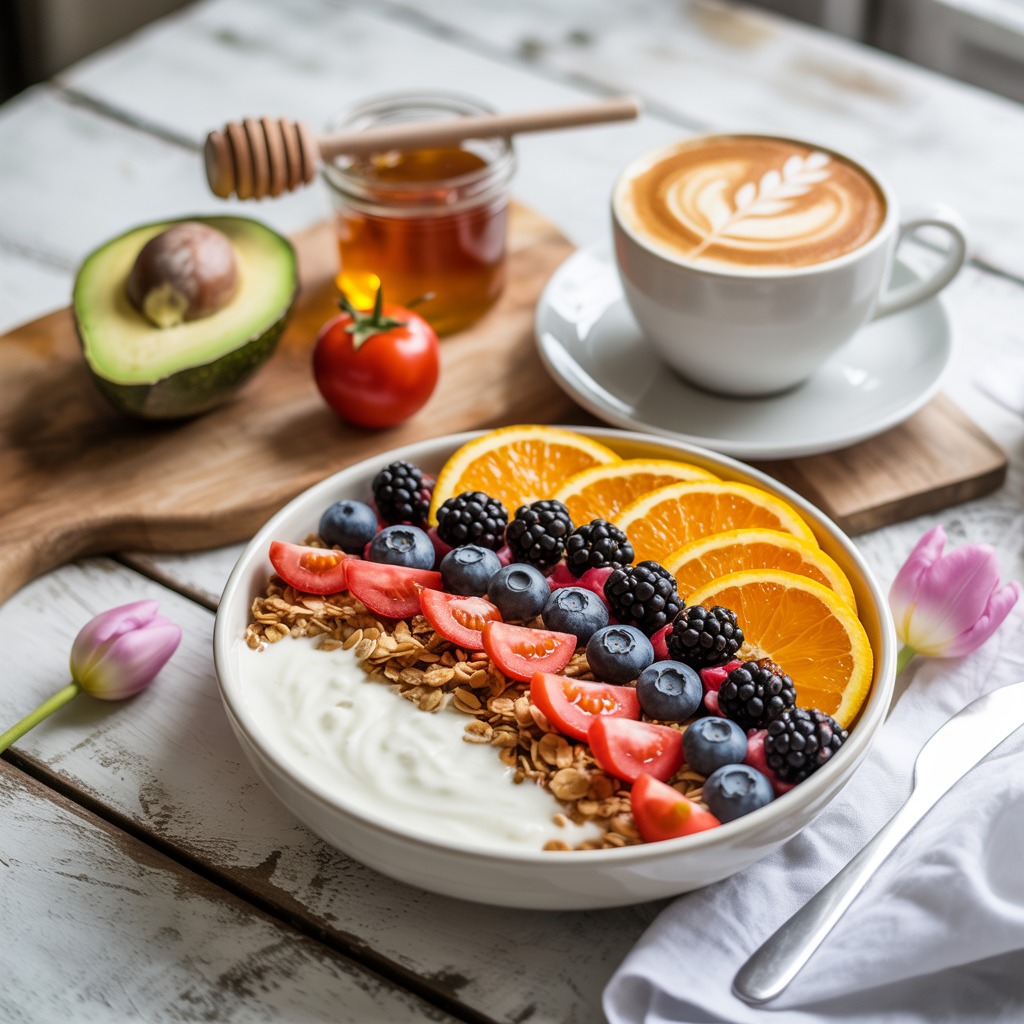
The Way I Was Raised (And Fed)
Growing up in a loud, messy house in San Diego, food was always around, but no one ever talked about it like it was emotional. It was practical. Necessary. Dinner was at six, leftovers went into Tupperware, and nobody left the table until the dishes were cleared.
But looking back, I see it now: my mother didn’t just “make meals.” She made comfort. Her arroz con pollo had a rhythm to it — the sound of the spoon in the pan, the warm scent that drifted down the hallway when I had a bad day. She never said, “I’m here for you,” but when she handed me a bowl of soup or slipped a peeled orange into my backpack, I got the message anyway.
Back then, I didn’t have the words. I just knew I felt better when I ate what she made. I felt safe. Seen. And I carried that unspoken lesson with me — even if I didn’t realize it at the time.
Cooking as Care, Not Performance
For a long time, I thought loving food meant loving cooking food — perfectly, creatively, with technique and timing. I thought if I didn’t make it from scratch or plate it like a restaurant, it didn’t count. But slowly, through trial, error, and real life, I let go of the pressure.
Now I see food as care, not performance. It’s not about impressing someone with a soufflé. It’s about asking my tired friend, “Want something warm?” and heating up pasta without apology. It’s about packing a snack for my kid that I know he’ll finish, not what I wish he liked. It’s leaving a slice of banana bread on the counter when I know someone in the house is too stubborn to ask for help — but will eat it anyway.
This isn’t love in the capital-letter sense. It’s quieter than that. Softer. It’s checking in without words. It’s saying “I see you” through a bowl of rice or a reheated taco. And once I understood that, I stopped underestimating what a home-cooked meal really does.
Food Is My Love Language
We all express love differently. Some people are good with words. Others are all about hugs and gifts. Me? I chop onions. I stir things slowly. I toast bread just the way you like it. It’s the most honest language I speak.
When I miss someone, I bake. When I’m worried, I simmer. When I don’t know what to say, I bring out snacks and let the silence stretch. I’ve made apology dinners, celebration breakfasts, and middle-of-the-night toast for crying toddlers who didn’t even know what was wrong. It’s not about solving anything. It’s about being there. About saying, “You’re not alone” in the most ordinary, nourishing way.
That sandwich I made for my husband was the start of something I now live by: food is how I show up. Not with answers, not always with skill, but with intention. With warmth. With love.
A Thousand Small Plates of Love
Now that I know this, I see my whole life differently. Every batch of cookies I brought to a sick friend. Every pot of soup after heartbreak. Every packed lunch in a rushed morning. Those weren’t just tasks. They were tiny declarations: I care. I’m here. I love you.
I think food becomes love when we stop thinking of it as fuel and start seeing it as presence. It becomes a kind of emotional currency. A way to hold someone, even briefly, in a space where they feel safe. Where they feel home.
Sometimes that looks like a full dinner table. Other times, it’s just a sandwich in silence. But it matters. It stays. It fills more than just the stomach.
Final Thoughts
I used to think meals were just about feeding people. Now I know they’re about feeling people — noticing what they need, offering what you can, and letting the food carry the words you can’t find.
So no, food isn’t just fuel. It’s how I speak. How I listen. How I love.
And when I make you something — whether it’s an elaborate dish or a peanut butter sandwich on a paper towel — know this: it’s not about the food. It’s about the care baked into it. It’s about me saying, in the only language I fully trust, “You matter to me.”
